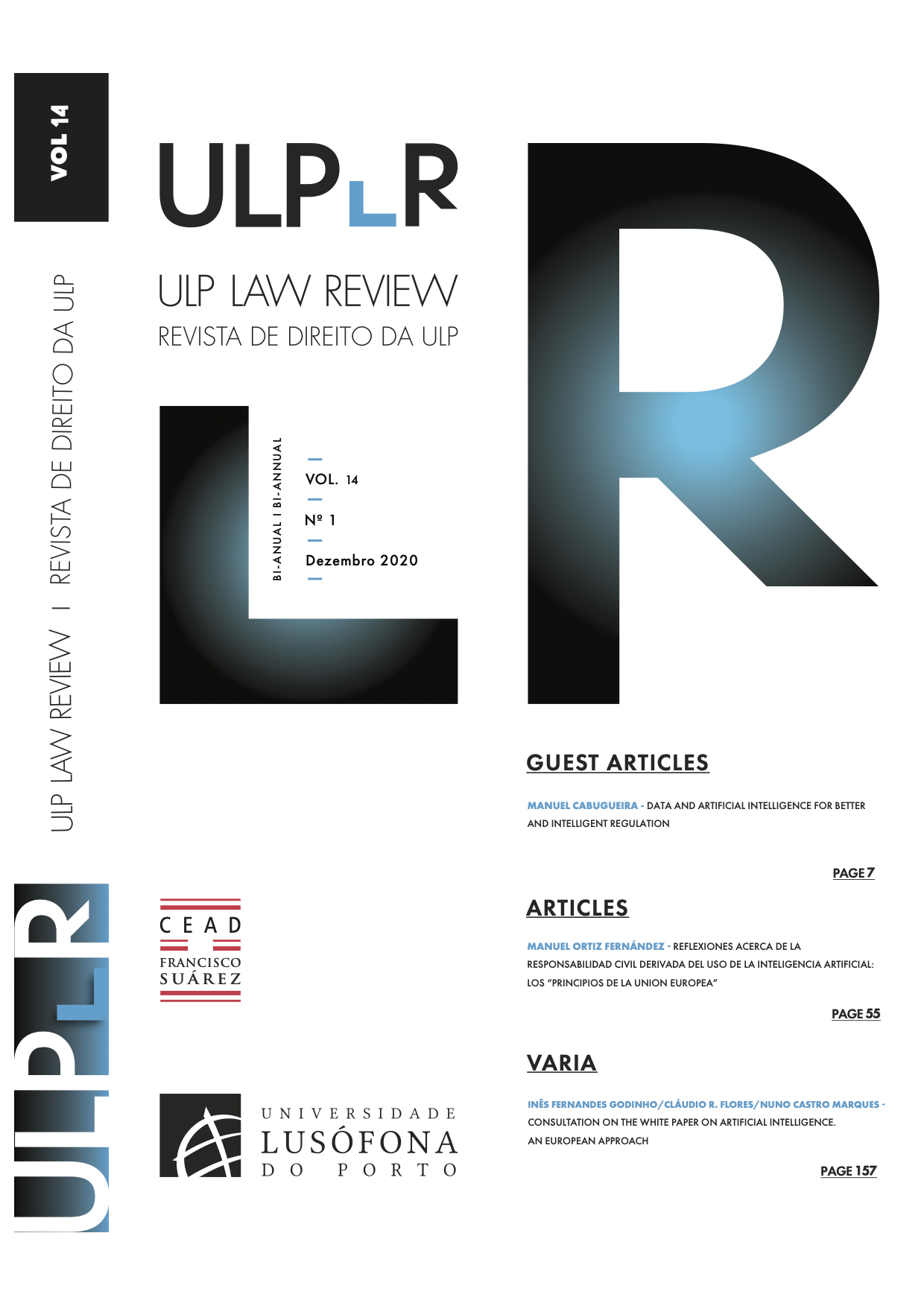THE INFLUENCE OF NEW TECHNOLOGIES ON THE PROTECTION OF PERSONAL DATA WITHIN THE FRAMEWORK OF THE EPIDEMIC COVID-19
Abstract
SUMMARY
Legislators legislate as needs arise; it is the present moment and society itself, through its demands, which sets the path and provides them with the keys as to what matters to legislate on and what aspects need to be developed in greater detail. Contemporary societies try, with greater or lesser success, to adapt to the changes that are taking place, both those reflected in daily customs and habits, and those related to the generation, dissemination and use of information and knowledge. Today's society consumes and handles an excessive volume of information and data, often without assessing its veracity or analysing the source from which it comes, without considering the importance of the data it provides at any given time, and much less thinking about the consequences that misuse of such data may have for privacy, for example. These are issues that, despite being the order of the day, have already given cause for concern. A fact that is reflected in an increasingly prolix jurisprudence. An example of this, as we will have the opportunity to point out below, is the SAN of 6 April 2018, which, with regard to the problems that arise in relation to medical records, highlights the importance of defending the right to the protection of personal data and the need to obtain consent in an appropriate manner. In these times of pandemic, it is important to seek a suitable approach and to know some fundamental aspects of the aforementioned right to data protection, starting from such extremely important concepts as: personal data or consent itself. Moreover, the development of this right, so much questioned lately due to the use of COVID applications, in terms of the possible effects on privacy or image, or any of the controversies that are arising around data protection in the management of the coronavirus, almost forces us to think about its limits. In this respect, we must bear in mind that many of the answers to the questions that are being raised about the problems associated with current practices lie in the legitimising bases of data processing. In this study, I conclude that despite the great importance of some personality rights, including privacy, honour or self-image, and among which is the right to data protection, the right that deserves the greatest protection is the right to life. Let us not forget that the function of law is to serve the person to whom the reason for its existence must be attributed.
KEY WORDS
Law and New Technologies; Data Protection; Fundamental Rights; Personality Rights; Data Protection; Right to privacy; Right to honour; Right to image; General Data Protection Regulation (GDPR); Organic Law on Data Protection and Guarantee of Digital Rights (LOPDyGDD); COVID-19 (Coronavirus).
Downloads
Direitos de Autor (c) 2024 - Revista de direito da ULP

This work is licensed under a Creative Commons Attribution-NonCommercial 4.0 International License.







